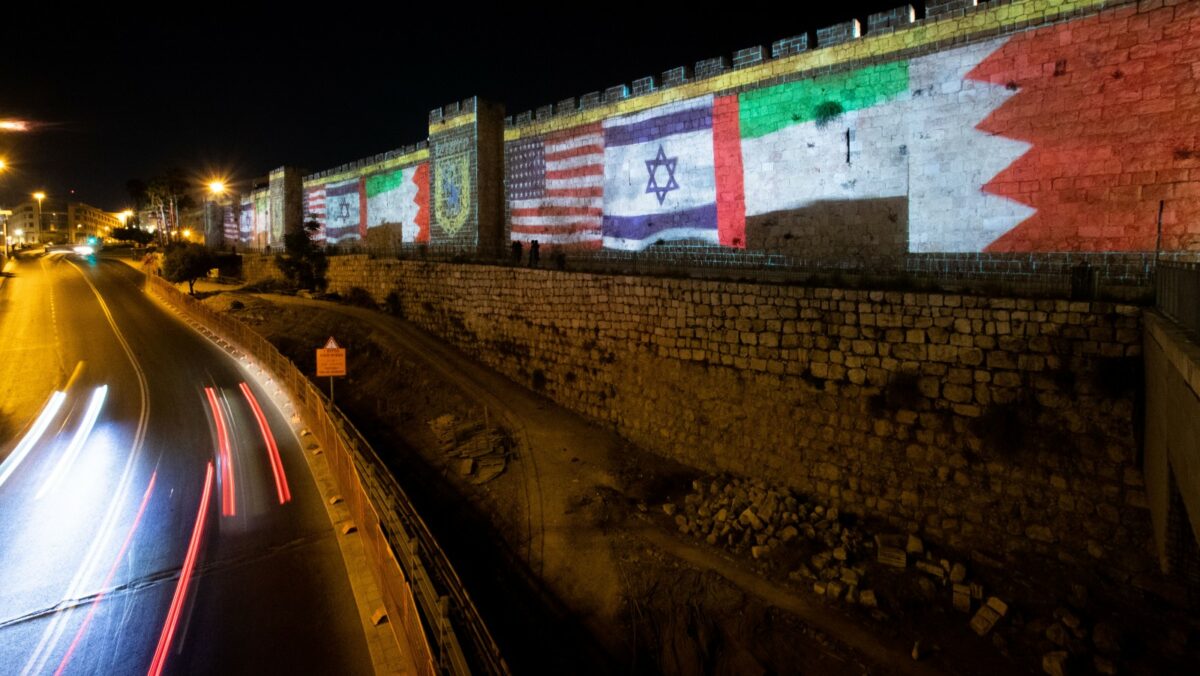Many influencers, bloggers, and vloggers have flooded the socials with images of Israel, capturing the country’s dramatic landscapes, breath-taking views, culinary scenes, religious spaces, and vibrant nightlife in images that can be described as gramable. Some are drawn to the country’s iconic architecture, local culture, and biblical history, while others regard it as the hottest innovation hub globally.
In a lecture hosted by the University of the Free State on the 31st of May 2022, Israeli Ambassador to South Africa, Eli Belotsercovsky made clear that these different images reflect a far more complex reality than the one-dimensional image contained in sterile images of the country. In a wide-ranging interview covering the ever-present Israeli-Palestinian question, Israel’s warming relations with Arab neighbours, the Iran nuclear deal, and Ukraine, Ambassador Belotsercovsky spent a fair amount of time discussing Israel’s burgeoning relationship with the African continent.
It is worth noting that Africa’s relationship with Israel dates back to the 1950s and 1960s. During this time, Israel enjoyed strong agricultural, economic, and trade ties with sub-Saharan Africa. As a newly formed state, Israel and newly independent African states sought to learn from each other and build on their shared experiences as developing states. This was however short lived as their relations started deteriorating between 1967 and 1970. After the Yom Kippur war in 1973 and the global oil crisis, most African states ended their diplomatic relations with Israel. Scholars have cited compliance with the Organization of African Unity’s (now the African Union) resolution and the promise of cheap oil and financial aid from Arab states as contributing factors. These relations, however, underwent a renewal during the 1980s as progress was made during the Israeli-Arab peace negotiations. Critics believed the meetings and handshakes were a mere illusion that allowed the contested Israeli occupation to continue. By the latter half of the 1990s, 40 sub-Saharan African countries had re-established ties with Israel, but this was only formalised after the signing of the highly significant Abraham Accords.
The signing of the Accords allowed the creation of an unprecedented deal between Israel, Bahrain, and the United Arab Emirates. It also allowed the normalization of relations with Morocco and Sudan and paved the way for cooperation with Gulf states. This signalled a major shift in Israel-Africa relations. Today, Israel enjoys diplomatic relations with 46 of the 55 African countries and received observer status to the African Union in July 2021. A decision that was highly contested. This was no small feat for Israel as Africa forms a large bloc at the United Nations. The proximity to this bloc simplifies lobbying attempts as African states often vote in a unified manner. Additionally, this provides Israel with an opportunity to address “anti-Israel” bias in multilateral forums and explore new markets for agro-industry.
While Israel may not have the financial and diplomatic resources needed to create an ambitious Africa strategy, it has extensive knowledge in the areas of technology, security, and agriculture. They have used this to their advantage. Israeli-based companies developed the first utility-scale photovoltaic facility in Rwanda, the first private grid-connected solar field in Burundi and implemented water decontamination systems in Ghana and Cameroon. The country also managed to rekindle its relationship with Chad which was broken off since 1972. Additionally, it collaborated with Ethiopia, Kenya, and Uganda. Israel has also managed to increase its military presence on the continent, while engaging in discussions with Eritrea and Ethiopia over key commercial sea routes.
Despite all this progress, the country relationship remains turbulent in Southern Africa, particularly with South Africa as it leads the Boycott, Divestment and Sanctions campaign against Israel. Pretoria has made clear its pro-Palestinian stance on the Israel-Palestine issue along with other countries like Algeria. Both South Africa and Algeria have campaigned against Israel’s observer status at the African Union.
An element of scepticism follows Israel as some believe it neglected the African continent and prioritised its relations with the European Union and the United States of America for years. They regard this new foreign policy approach as a scramble for Africa and an attempt to rewrite its history with the continent. Similarly, others believe that Africa deserted Israel for its own benefit. Despite the recriminations of the past, turning the corner would necessitate frank dialogue and a willingness to embrace pragmatism. Africa and Israel will certainly make a formidable team once this is achieved.

